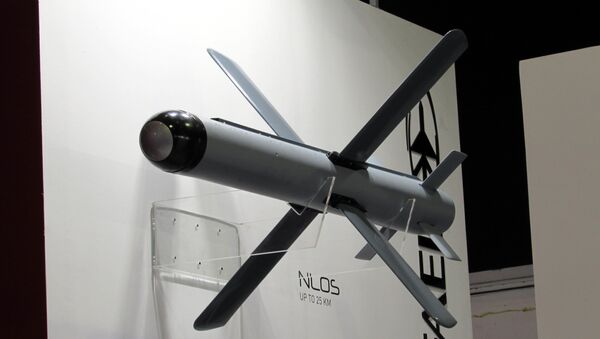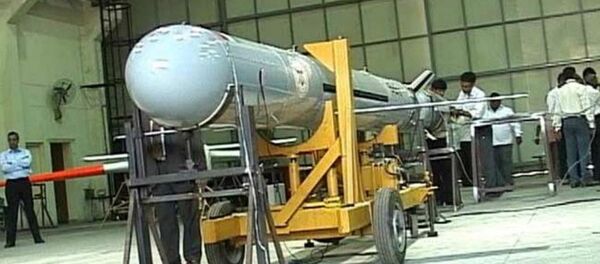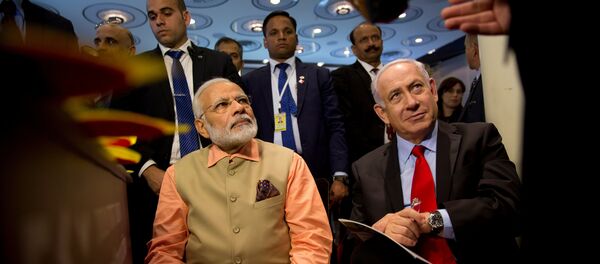Under a special emergency provision, Indian Army Vice Chief of Staff Lt. Gen Devraj Anbu has the authority to buy up to $71.8 million worth of goods and war materiel without seeking Ministry of Defense (MOD) approval, and he's using that to stock up on guided anti-tank missiles in the wake of a tense showdown with Pakistan earlier this year.
It's unknown what the cost of the deal is, but sources told the Israeli business journal Globes it was worth "tens of millions of dollars." Rafael hasn't commented on the deal.
While India once passed on a deal that would've made the Spike medium-range (MR) anti-tank guided missiles (ATGM) its primary anti-tank weapon, the army was still interested in obtaining some of the weapons systems for tests this summer. The decision to make the emergency purchase prior to that testing was made during the five-day biannual Army Commanders' Conference in New Delhi that ended on April 13, IHS Jane's reported, during which the military leaders made frank and damning assessments of their current situation.
India has repeatedly toyed with buying the Spike missile. In 2011, New Delhi elected to sign a $500 million deal to buy thousands of the weapons, but a dispute between the Defense Ministry and India's Defense Research and Development Organization, the government agency in charge of R&D, caused the formal scrapping of the deal by November 2017, Sputnik reported. Under Prime Minister Narendra Modi's "Make-in-India" policy, the DRDO pushed for the service to adopt the domestically made NAG-190 missile instead, also known as the man-portable anti-tank guided missile (MPATGM).
It was a valuable deal, too: MOD says it needs 68,000 anti-tank missiles in the next 20 years and about 850 launchers, and the deal would've had Rafael supply 8,356 of them, Sputnik reported.
However, the MPATGM won't be ready for years, even as successful tests of the weapon continue to push the program forward. A source inside the Indian government told Sputnik last September that mass production was expected to begin in 2021.
Until then, the Indian Army still needs lots of anti-tank missiles. A larger deal is still in the works for India to buy 2,500 Spike missiles as a stopgap measure until the MPATGMs come into full service, but that deal has yet to be finalized, according to The Diplomat.
However, on January 31, the Indian Defense Acquisition Council did approve the purchase of 5,000 French-made, second-generation MILAN ATGMs, The Diplomat noted.
Spike is a versatile weapon. It can be fired from land, sea or even from a helicopter, and it has a fire-and-forget mode that locks onto its target before it fires, instead of acquiring it once the missile is in the air. The missile has a range of four kilometers, and it beat out tough competitors in the contest for the now-cancelled deal, such as the United States' FGM-148 Javelin, which is built jointly by Raytheon and Lockheed Martin.






